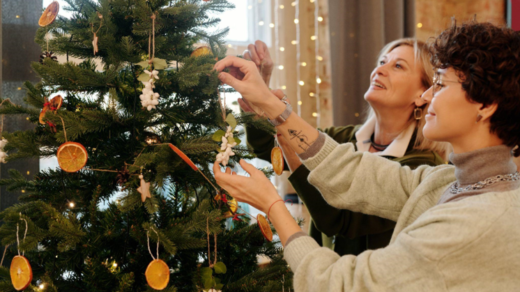The History of Twelfth Night Parties: From Pagan Origins to Christian Festivities
Twelfth Night, also known as Epiphany or the Twelfth Day of Christmas, is a Christian holiday celebrated on January 6th. It commemorates the visit of the three Wise Men to the baby Jesus, as well as the baptism of Jesus. Twelfth Night marks the end of the Christmas season and the beginning of the Carnival season.
One of the most popular traditions associated with Twelfth Night is the Twelfth Night party. These parties have a long history that dates back to the medieval period. In those days, Twelfth Night was a time of great revelry, with people feasting, singing, dancing, and playing games. The Twelfth Night party was a way to celebrate the end of the Christmas season and the beginning of a new year.
The Twelfth Night party was also a way for people to socialize and connect with their community. It was a time for people to let their hair down and have fun with their neighbors, friends, and family members. The party was often held in a large hall or a barn, and people would dress up in costumes and masks. This allowed them to hide their identities and express themselves in a way that they might not be able to do in their everyday lives.
The Symbolism of Twelfth Night: The Importance of Epiphany, Renewal, and Community
One of the most iconic elements of the Twelfth Night party is the cake. The Twelfth Night cake is a sweet, spiced cake that is traditionally baked with a special charm or coin inside. The person who finds the charm or coin in their slice of cake is said to have good luck for the coming year. This tradition is still observed in some parts of the world, and the Twelfth Night cake is still a popular dessert at Twelfth Night parties.
Another popular tradition associated with the Twelfth Night party is the Twelfth Night play. This was a type of improvised play that was performed by amateur actors in the middle of the party. The play was often a parody of a popular story or legend, and it was filled with humor, satire, and mischief. The audience was encouraged to participate, and they would often throw fruit or vegetables at the actors if they didn’t like their performance.
In some cultures, Twelfth Night is also a time for giving gifts. This tradition is thought to have originated from the Wise Men’s gifts to baby Jesus. In some countries, it is customary to exchange gifts on Twelfth Night instead of Christmas Day. This is a way to extend the holiday season and spread joy and cheer throughout the community.
Despite its long history, the Twelfth Night party is still a popular tradition today. Many people around the world still celebrate this holiday with feasting, dancing, and games. The Twelfth Night cake and the Twelfth Night play are still important elements of the party, as well as the exchange of gifts. This holiday is a reminder that even in the darkest days of winter, there is still joy and merriment to be found if we come together to celebrate.




